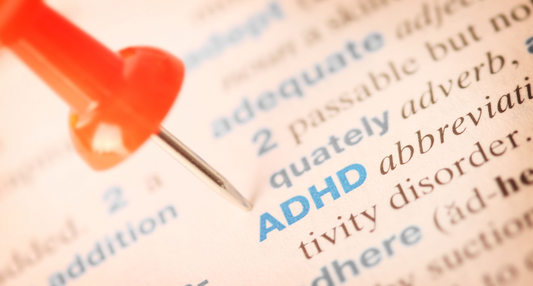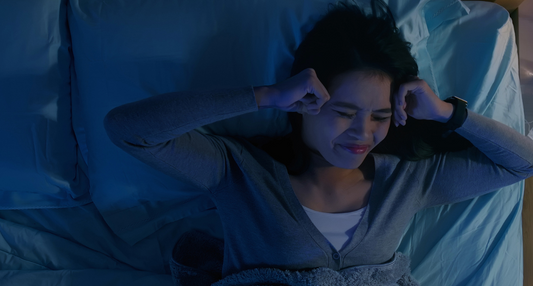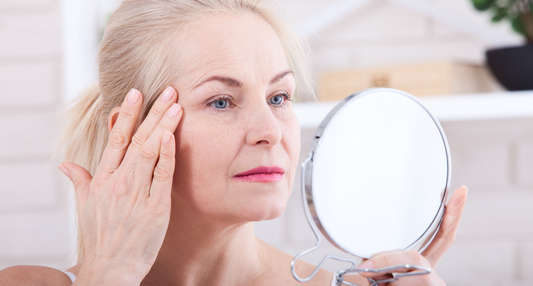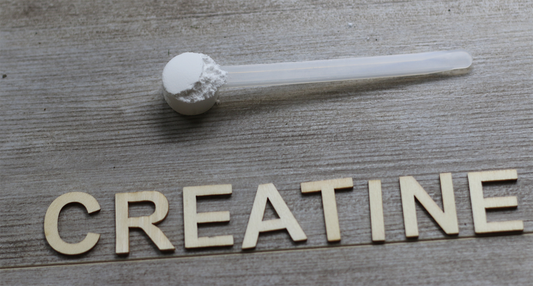What To Take If You Cant Take Hormone Replacement Therapy

Share
For many, Hormone Replacement Therapy (HRT) is a safe and efficacious treatment of different menopause symptoms ranging from hot flashes and night sweats to bone loss, overactive bladder and vaginal dryness. HRT, however, is not for everyone. It can be contraindicated for those who have an increased risk of cardiovascular disease or have had hormone dependent cancers such as breast cancer or ovarian cancer. You and your doctor should agree on a treatment plan after careful consideration of your health history along with the risks and benefits of treatment.
If you are not a candidate for HRT, here is some good news! The North American Menopause Society recently announced recommended treatment alternatives to HRT. You can be armed with great information to discuss with your healthcare provider, so together, you can create a treatment plan that will work best for you in the long run!
Here’s what North American Menopause Society recommends:
Fezolinetant
Fezolinetant is FDA approved, first-in-class neurokinin B antagonist medication. This nonhormonal approach directly targets vasomotor symptoms reducing the severity of night sweats and hot flashes.
Selective Serotonin Reuptake Inhibitors (SSRIs) And Selective Serotonin -Norepinephrine Reuptake Inhibitors (SNRIs)
There are two types of antidepressants that can be used to treat the frequency and intensity of vasomotor symptoms (VMS) such as night sweats and hot flashes. Symptoms such as hot flashes are thought to occur as a result of the changes in estrogen and serotonin levels associated with menopause. SSRIs and SNRIs oppose these imbalances and show mild to moderate improvements in VMS.
Gabapentin
Gabapentin is an anticonvulsant drug. Results from studies show a decrease in the frequency and severity of hot flashes. This can help you significantly better stabilize your body temperature.
Oxybutynin
Oxybutynin is a type of medication used to treat urinary incontinence and overactive bladder. It can be an effective treatment for hot flashes by interfering with the activity of neurotransmitters in the brain and peripheral nervous system. However if used over a long period in older adults, it may be associated with cognitive decline.
Stellate Ganglion Block
This treatment is normally for pain management and can also target vasomotor symptoms like night sweats and hot flashes by interrupting the central nervous system connections with the sympathetic nervous system, allowing the body’s temperature-regulating mechanisms to reset. However, although rare, there have been adverse effects that cause seizures and bleeding complications.
Cognitive Behavioral Therapy And Clinical Hypnosis
Cognitive Behavioral Therapy (CBT) and Clinical Hypnosis have been scientifically proven to be effective treatments for reducing the frequency and severity of vasomotor symptoms by employing techniques to increase a state of calmness, reduce levels of pain, anxiety, stress or anger.
Weight Loss
Studies have found that those experiencing menopause who are obese are more likely to report more frequent and severe hot flashes than those of normal weight. Reducing hot flashes was a major motivator for losing weight in these studies and it’s important to start losing weight early as these studies showed a significant reduction in those who were earlier in age rather than older.
What Isn’t Recommended?
There is insufficient evidence that mindfulness-based stress reduction interventions, such as paced breathing and relaxation techniques, as well as consumption of soy extracts and food, acupuncture, yoga and cooling techniques are effective, or long term solutions.
In short, there are many alternatives to hormone therapy, and knowing your options ensures that you have the information necessary to make an educated decision about treatment with your healthcare provider. It’s important for you and your provider to discuss your medical history, needs, and wants to determine what the best alternative treatment is for you. It’s exciting to know there are efficacious alternatives that can help reduce symptoms and bring you the relief you deserve!










